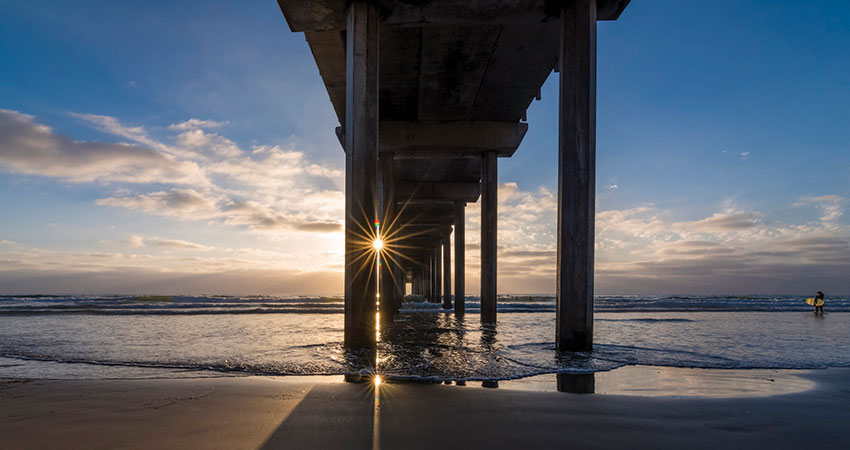
Hello friends and colleagues!
It’s week 1! This week visiting us from the University of New Hampshire, we have Dr. Teri Oehmke, who will be presenting on particle and pollutant transport in complex flows:
“Experiments are a powerful method to study the kinematic transport of pollutants in the environment, specifically those pollutants transported by turbulent flow…